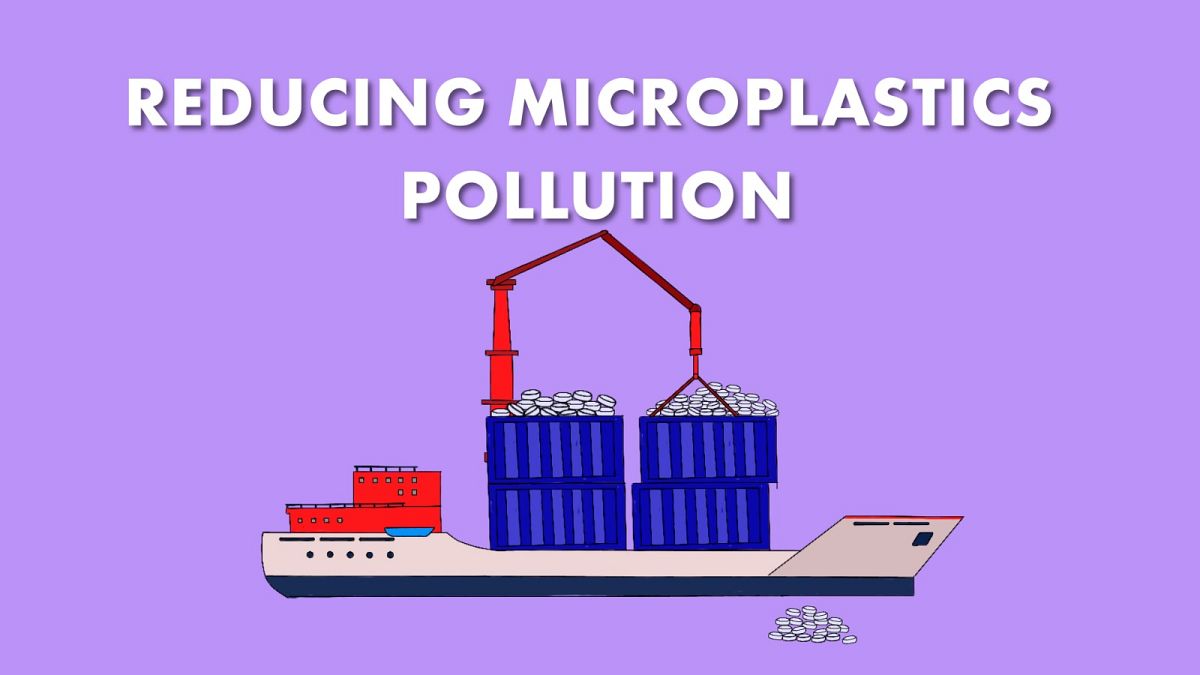Microplastics range in size from 5 mm to microscopic levels, and there is scientific evidence that they contaminate soil – which can harm agriculture – and that leakage into waterways and the sea leads to ingestion by animals, including fish, which in turn are consumed by humans.
According to some scientific studies, the inadvertent consumption of microplastics can pose health risks, such as reduced fertility and cancer. The public is aware of these dangers and wants the bloc to adopt stricter measures.
“I heard that microplastics can even penetrate the cerebral cortex, a part of our brain. When they enter our bloodstream, they seriously impact reproductive health,” said a resident of Athens (Greece).
“I believe that the European Union could decide to use less plastic, both in industry and in our daily consumption,” said another resident of Brussels (Belgium).
The institutions have just reached an agreement on a new regulation that sets obligations for companies that store plastic pellets on their premises and for those that transport them.
“Large companies that move more than 1,500 tonnes per year will have to obtain certification from an independent third party. Small companies that move more than 1,500 tonnes per year will have to obtain a single certification. Small companies that move less than 1,000 tonnes and micro-enterprises will have to issue a self-declaration of conformity,” said Gregoire Lory, who covers the issue for Euronews.
Why and how will non-EU operators comply?
Each year, the equivalent of up to 7,300 truckloads of plastic pellets are lost to the environment. The European Commission estimates that the new rules should reduce plastic pellet losses by up to 74%. To achieve this, the rules will also apply to non-EU operators.
“Companies from outside the EU that work on our territory must have an authorised representative who explains how they comply with European standards to each competent authority in the Member States,” said César Luena, one of the European Parliament’s lead negotiators.
Some non-governmental organisations are against the exemptions and delays on implementation, with particular criticism of the more lenient rules for small businesses.
“SMEs actually represent the vast majority of the plastics supply chain, accounting for 98% in conversion and 97% in transport and storage,” said Gregoire Lory.
Maritime transport will have three rather than two years, as do other companies, to comply with the rules, despite the high level of pollution in the sea. Pressure has come from some member states with significant maritime economic activity.
“Cyprus, Greece, Malta and Croatia were among the countries that asked for three years because they needed more time to adapt,” the parliamentarian confirmed.
Violations of the new rules on the storage and transport of plastic pellets could lead to fines of at least 3% of a company’s turnover in the EU. Governments can also initiate criminal proceedings in cases of serious contamination.
Watch the video here!
Journalist: Isabel Marques da Silva
Content production: Pilar Montero López
Video production: Zacharia Vigneron
Graphism: Loredana Dumitru
Editorial coordination: Ana Lázaro Bosch and Jeremy Fleming-Jones
Read the full article here


